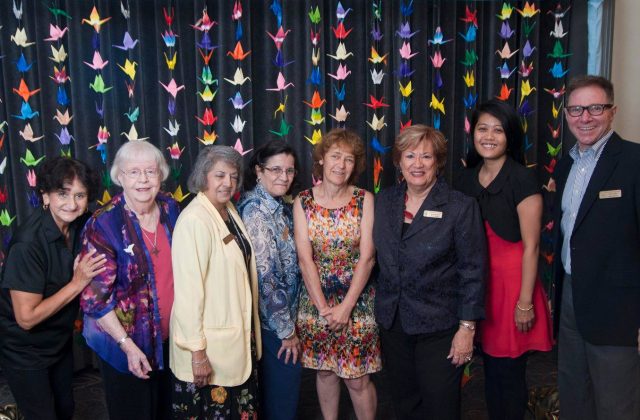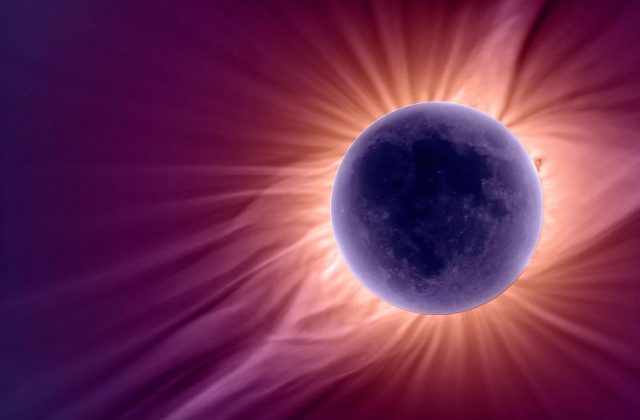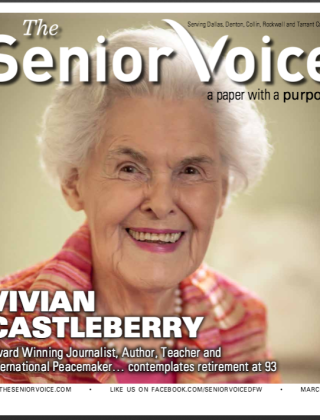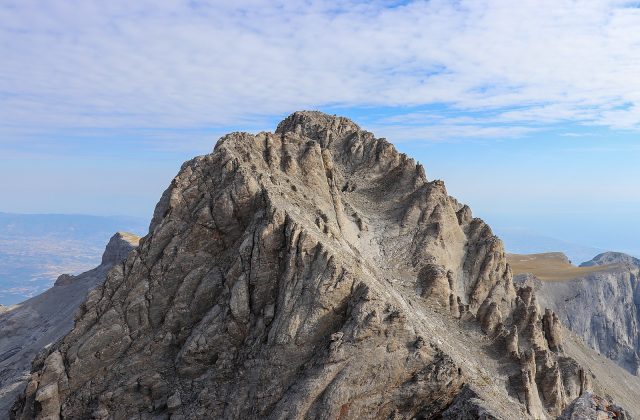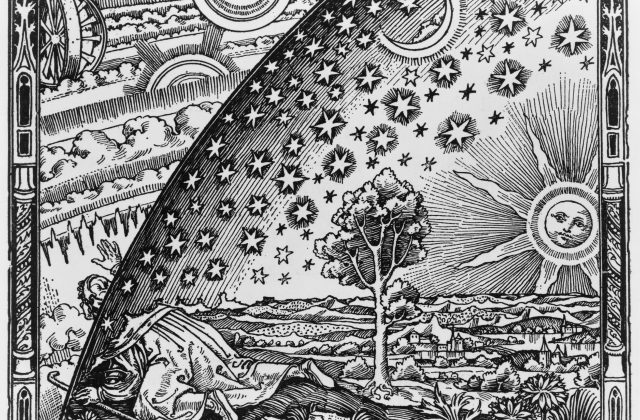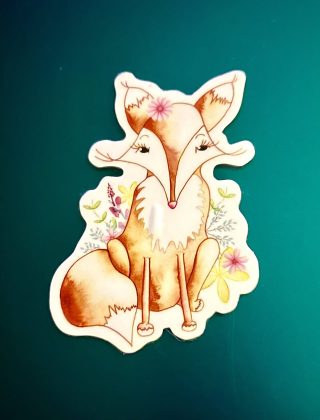The Aging Hippie: Prayer Tree of Spring
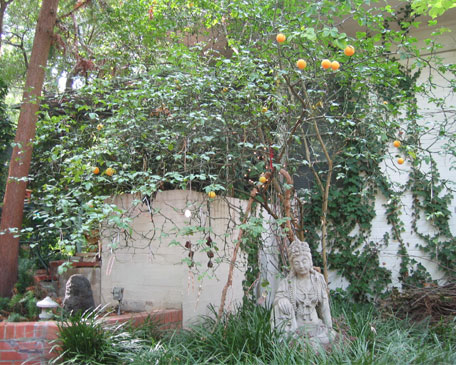
In my backyard, there is a tree that blooms. When we moved here many years ago, it was lost in the darkness of oaks and cedar elms that grew to tower over it. An odd scrawny tree with tough green skin like a succulent instead of bark, it bore tiny round leaves in sets of three and nasty two-inch thorns. Later we found out it was a trifoliate orange tree from China, brought back by the traveling businessman who built the house.
Almost imperceptively it grew, slowly edging around the eave and up toward the sunlight. I fertilized and watered it, took care of it in every way. And it took care of me. My life had shattered, and everything seemed lost. Inside the windows overlooking the tree lay my  husband recovering from a series of back operations. I held out hope for the tree, hope for us, and waited.
husband recovering from a series of back operations. I held out hope for the tree, hope for us, and waited.
Almost a decade passed. His back healed and my life regained its meaning. One fall, we were surprised to see a few pecan-sized oranges on it, bitter fruit, all seeds and pulp. The next spring we looked for flowers and were rewarded with a few white blossoms the size of a small pea. But it wasn’t until a statue of Kwan Yin was placed beneath its boughs that the tree burst into bloom. The Chinese goddess of compassion sacrificed her place in heaven to feel the pain of humans and help them to transcend.
Spring is the reservoir of hope. Now flowers bedeck every branch, beckoning of fruit to come. Dozens of colorful ribbons flutter, each one tied with spiritual intent by visitors. The Prayer Tree. Planted in the 1950s, the trifoliate orange lived for decades before going through a period of extended darkness. Then in just a day, everything changed. Someone cared. It took years to rebuild, years when it seemed nothing was happening, but the blooms did come. Now it is not only reborn, it is deeply sacred, a living altar to the prayers of humans and a testament to faith in life.
With its thorns and flowers, its history and the people who hope for its peace, the Prayer Tree evokes a quote by Thornton Wilder: “Without your wounds, where would your power be? The very angels themselves cannot persuade the wretched and bumbling children of Earth as can one human being broken in the wheels of living. In love’s service, only the wounded soldiers can serve.”
